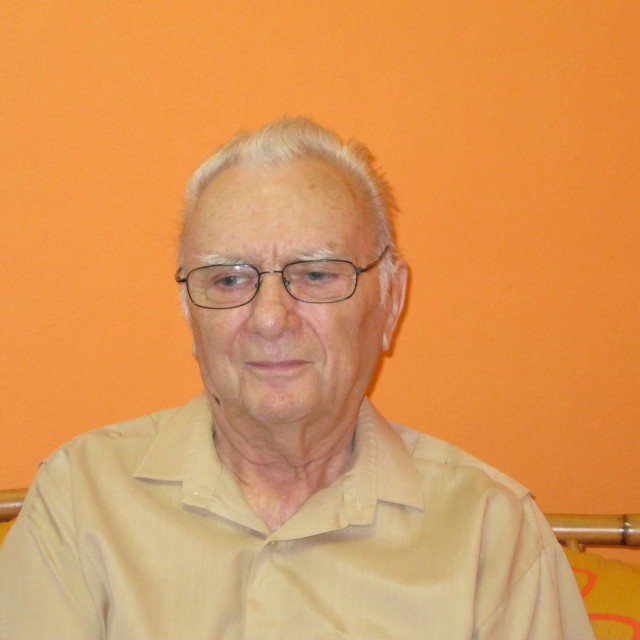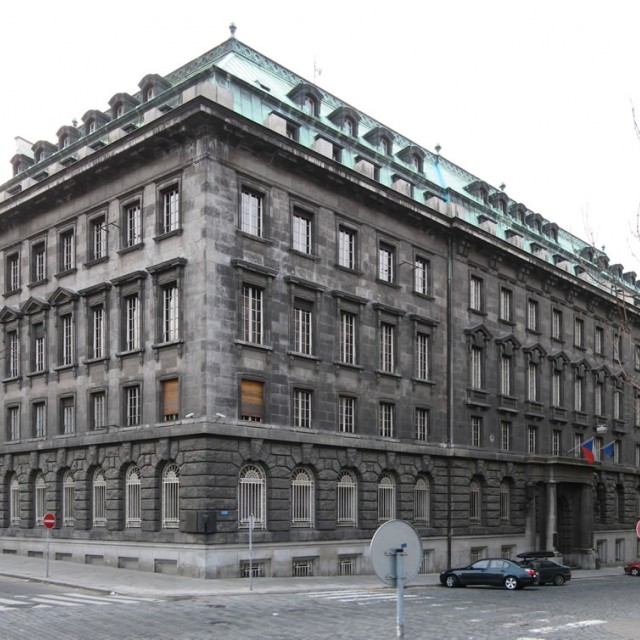Identification of Dead Parachutes
On August 6, 1942 Alois Kubiš was arrested and taken to the Gestapo headquarters, the Petschek Palace in Prague. As a ten-year old distant relative of Jan Kubiš, Alois Kubiš was supposed to identify Reinhard Heydrich's assassins. He had to look at their severed heads that were conserved in glass jars: “They took us to the room with a table and on that table there were oval glass jars with parachutists´ heads. They asked if we recognise them. They were walking around and we were just saying: ‛We do not know, we do not know them.’ And that was it.”
Hodnocení
Hodnotilo 0 lidí
Routes
Comments
No comments yet.









